|
CLICK HERE for the latest edition of Broadband Action!
An unprecedented amount of network construction has been take place over the past few years as the nation works to try to bring better broadband to more Americans. And that pace of construction will only accelerate over the next several years as the BEAD program subsidizes new networks in unserved and underserved areas. Many of those new fiber networks will be installed underground. But while the process of burying conduit and cables is fairly straightforward, there’s a hidden crisis affecting the deployment of these networks - a shortage of qualified, well-trained workforce to do the necessary job of locating existing underground utilities to hopefully prevent crews from damaging those faciities. This “locate crisis” is being felt around the country, and in the latest episode of Broadband Action, we discuss how it is impacting the work of the engineers that design the networks, the construction companies that build the networks, and the broadband providers who need that network completed in a timely basis to provide services to a hungry consumer base. Hosts Curtis Dean and Todd Kielkopf are joined by Ronnie Marler with NewCom Technologies, Greg Hinz with Fort Dodge Fiber, and Brett Niles with Open Country. Stream on your favorite platform!
0 Comments
 Owensboro Municipal Utilities (OMU) in Kentucky is making great progress on its community-owned fiber network in the town of 60,000 nestled on the banks of the Ohio River. In a recent edition of the online publication Owensboro Times, OMU Director of Telecommunications Chris Poynter said that the final two sectors of their planned build will be completed before the end of fiscal year 2024. Already OMUfibernet has 4,000 happy customers in the areas of the town that are completed. OMUfibernet started in 1997 as a limited network to connect the utility's electric facilities and was later used to connect key commercial and industrial customers.
After just a few months of construction, the City of Waterloo, Iowa's municipal fiber utility, Waterloo Fiber, has connected its first test customer. The lucky couple are Brent and Christina Gilmore who hosted Waterloo Mayor Quentin Hart and Waterloo Fiber Director Eric Lage as their connection went live on December 21st. The heavy lift for construction will be during 2024-2026 when the network expands to the entire city of almost 67,000.
 An independent, nonpartisan news service, the Kentucky Lantern, has published an excellet article on the attempts by a Kentucky state senator to force the Frankfort Plant Board (FPB) to sell its telecommunications network. As we discussed here at Broadband Bytes and in an edition of our Broadband Action podcast, state Senator Gex Williams, a Republican from Boone County whose new district includes Frankfort, has lobbied FPB to sell the utility to a private company, an idea that FPB has rejected outright. Now, Williams is working on legislation for the next session that would single out Frankfort's network as the only one of Kentucky's 12 municipal broadband utilities that were created under the 1940's law that Williams wants to change. The Kentucky Latern says it has obtained a copy of Williams' draft bill, which would:
William's attack on one of the nation's longest-running municipal broadband utilities is drawing the attention of groups such as the American Association for Public Broadband (EPB) and other consumer groups. Other efforts to block municipal broadband are also underway in other states, often funded by dark money groups with no accountability. It's unclear whether Williams' efforts are connected to this larger national issue.
Knoxville, Tennessee (population 192,648) residents are getting access to $65 gigabit internet thanks to a municipal fiber project being built by the Knoxville Utilities Board (KUB). KUB, which also operates a municipal electric utility, is building underground fiber where its electric is buried and using electric poles where electric service is overhead. KUB also operates water, natural gas, and wastewater utilities for the eastern Tennessee city. Phase 1 of the KUB Fiber project was recenty completed, with service now available to around 50,000 customers. Over 1,100 miles of fiber infrastructure have been installed so far. KUB has now started work on the second phase of the project, and Phase 3 is expected to be complete by the end of 2028
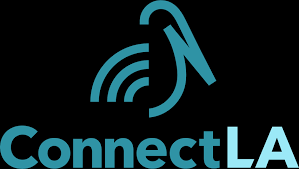 The National Telecommunications and Information Administration (NTIA) has approved Louisiana's initial proposal for the Broadband Equity, Access, and Deployment program, or BEAD. Louisiana is the first state to reach this important milestone and is major step toward that state's efforts to expand broadband access. Louisiana received a $1.355 billion allocation from the BEAD program, the eighth-largest in the nation. Louisiana was also the first of all 56 states and territories to receive NTIA approval of the Initial Proposal. This means Louisiana is first to receive approval to use its allocation and broadband construction projects will have a head start in bringing high-speed, reliable and affordable internet to every home, business and community anchor institution in the state.
While the latest edition of the Broadband Action podcast looks ahead at 2024 with guest Doug Dawsom, the industry website Telecompetitor is looking back at the top broadband developments of 2023. Among the big developmens for this year that Telecompetitor outlines: Rural broadband expansion BEAD gains momentum Digital equity Artificial intelligence CLICK HERE to access the whole article.
A new report issued by the Benton Institute for Broadband and Society discusses its "Broadband Breakthrough" project in Illinois. During the project, Benton engaged with five rural counties to help the communities with planning and to help the communities understand the value of improved broadband access for agriculture. The concept of precision agriculture has been adopted by farmers across the nation to increase yields for crops and reduce input costs. The report points out that precision agriculture may not be accessible to all farming operations. New inventions and practices in agriculture in the past 90 years have allowed yield to increase by 400 percent while inputs have remained relatively flat. New inventions today often require broadband. And high-speed internet gives access to real-time data, such as market prices and weather forecasts, which are also important The project was supported in part by the United Soybean Board.
 Loveland Pulse, the municipal fiber network built by the City of Loveland, Colorado, is now complete. The network reaches the entire city limits of Loveland as well as some unincorporated areas of Latimer County. Pulse held an open house last week to celebrate the occasion. Despite its relative "youth" Pulse has already received national attention. It was named PC Magazine's "2023 Best ISP's" list as the second fatestest provider in the nation. Colorado has been a hotbed of municipal broadband over the past several years. In addition to Loveland, the cities of Estes Park, Fort Collins, and Longmont have built networks to improve broadband service to their citizens.
|
Broadband Bytes NewsPresented by the Community Broadband Action Network and curated by Curtis Dean. Archives
July 2024
Categories
All
|

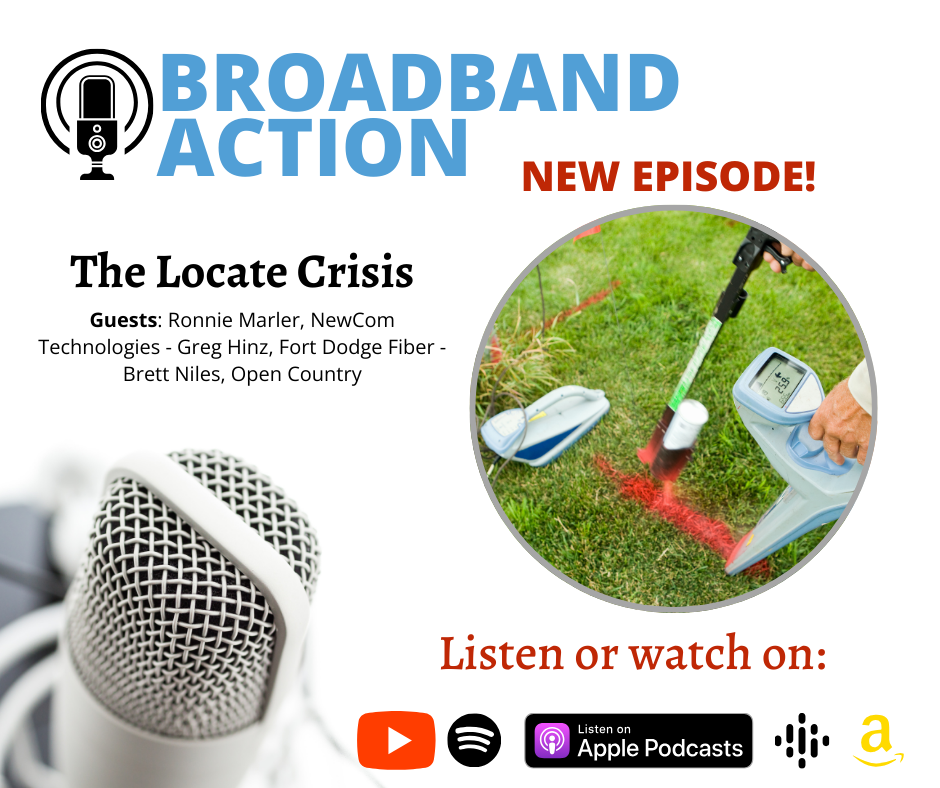
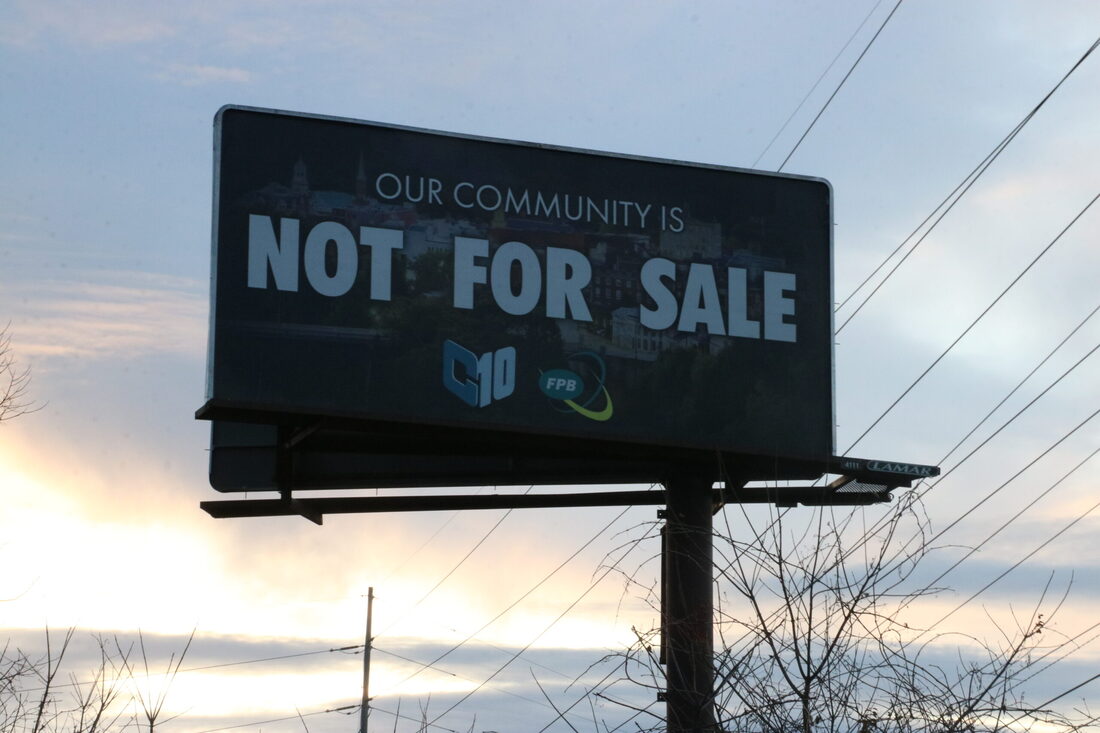
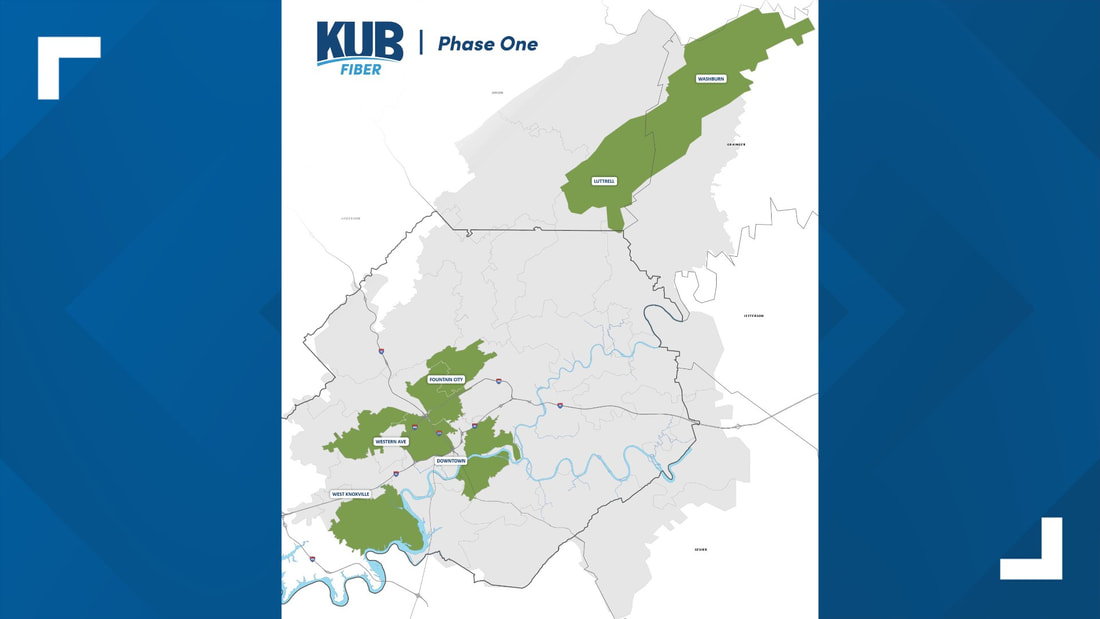
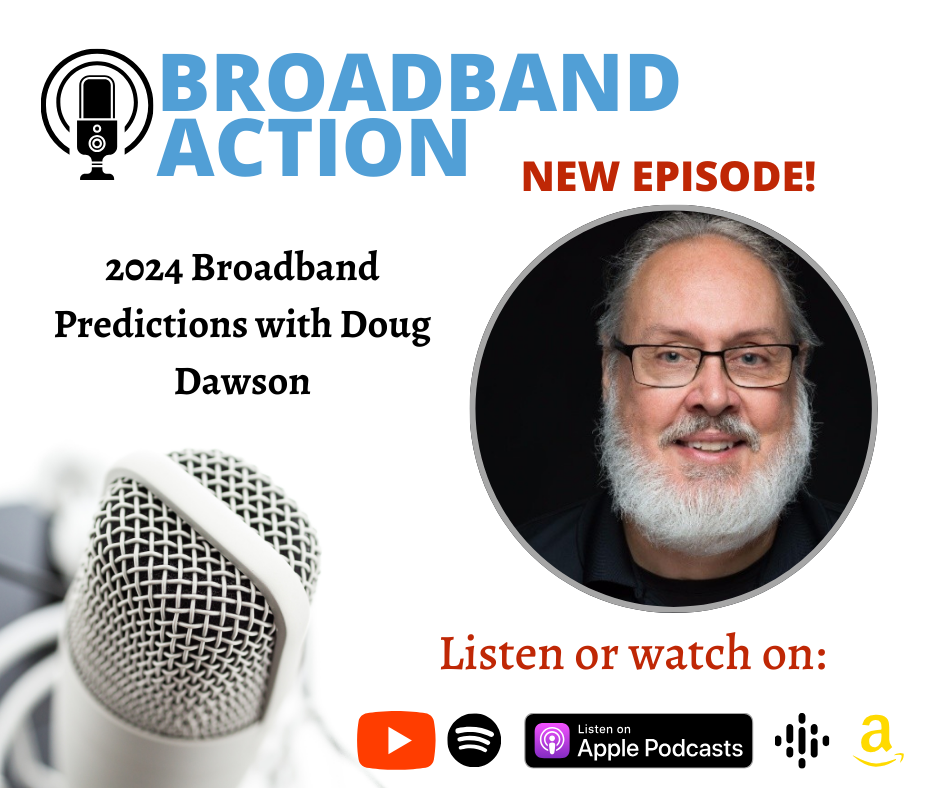
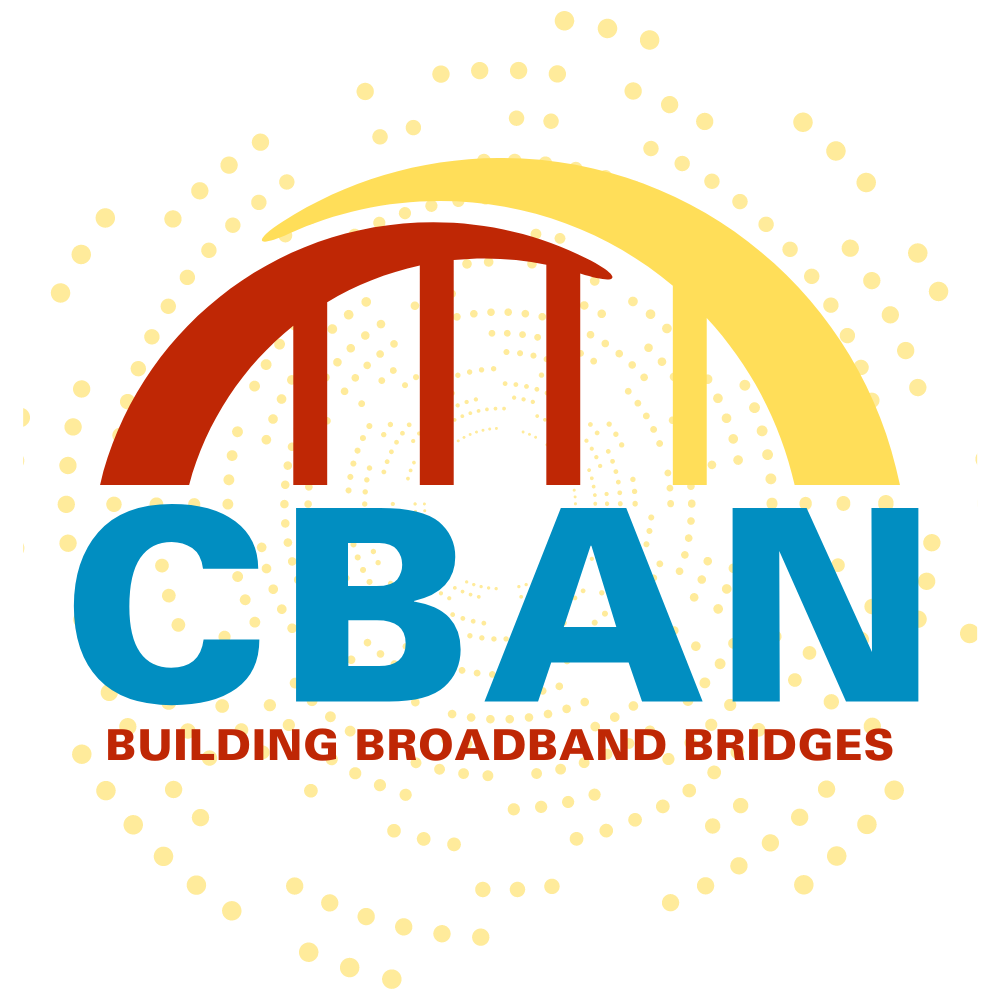
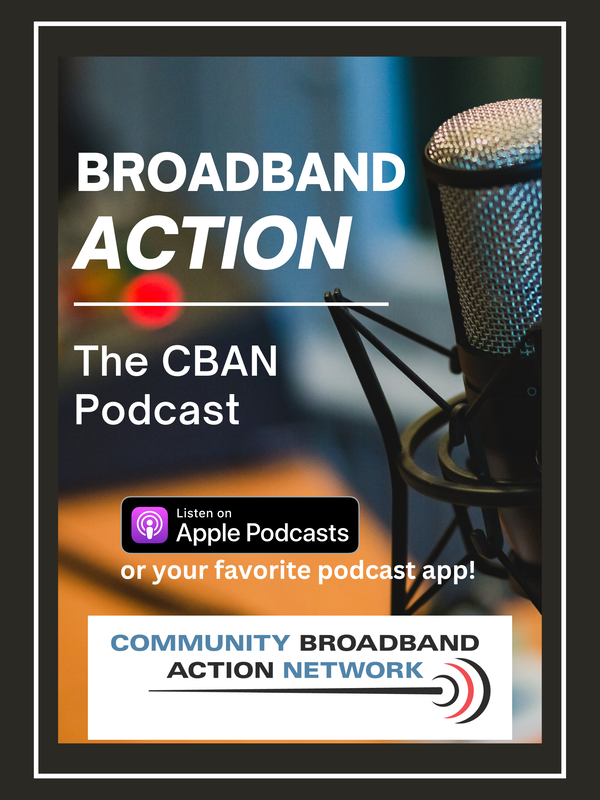

 RSS Feed
RSS Feed
